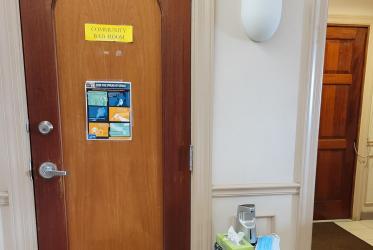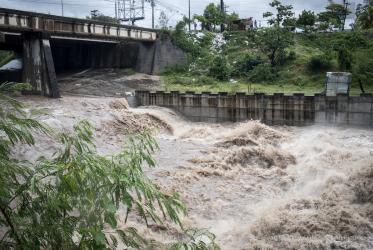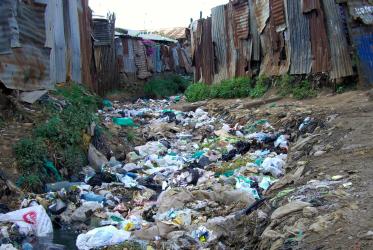Displaying 1 - 20 of 52
09 February 2024
“Bathroom ministry” for the homeless
14 December 2021
Climate crisis fuels existing water injustice
27 October 2021
Youth amplify #NoDAPL movement in Standing Rock
22 April 2021
Global webinar will discuss environment, agriculture and water
03 December 2020
On World Toilet Day, sanitation is “an issue of justice”
16 November 2020
New WCC “Eco Ambassadors” pledge to protect our ecology
06 January 2020
Eco-School promotes blue communities, green churches
19 November 2019
WCC Eco-School begins in Thailand
07 November 2019















